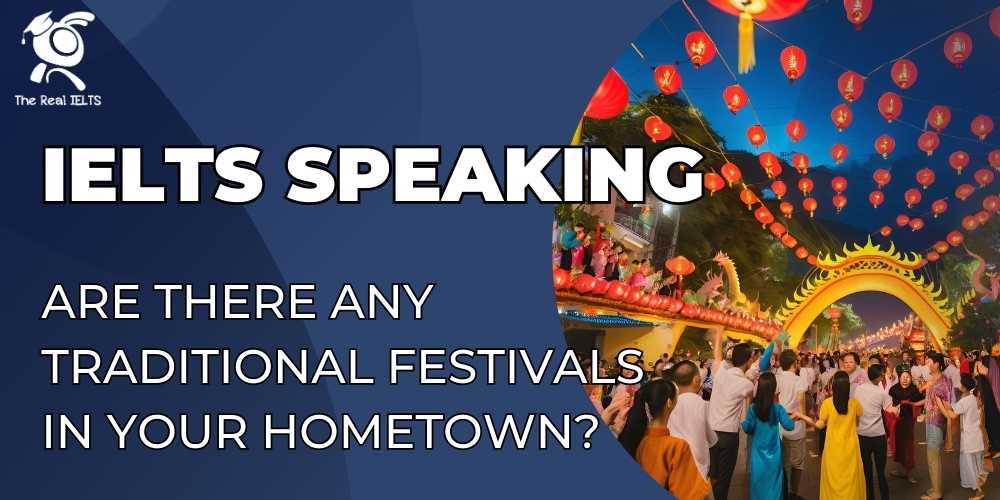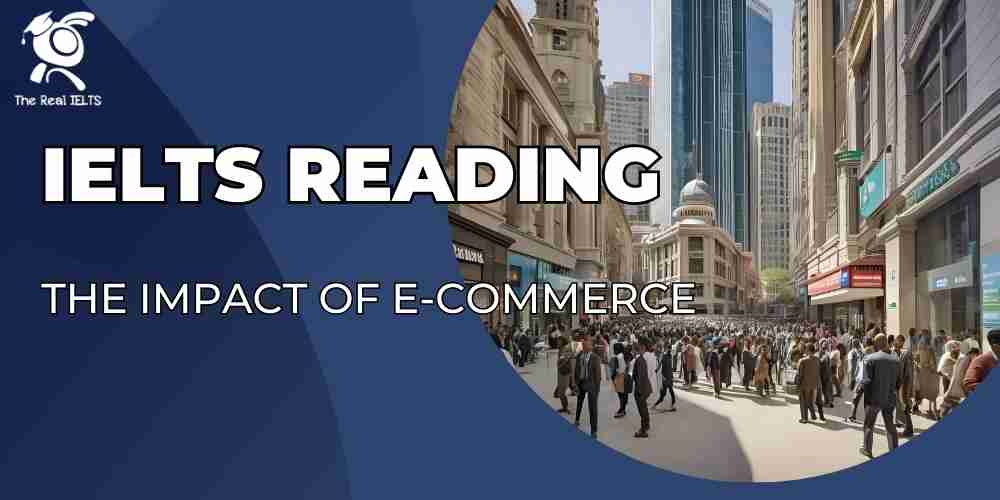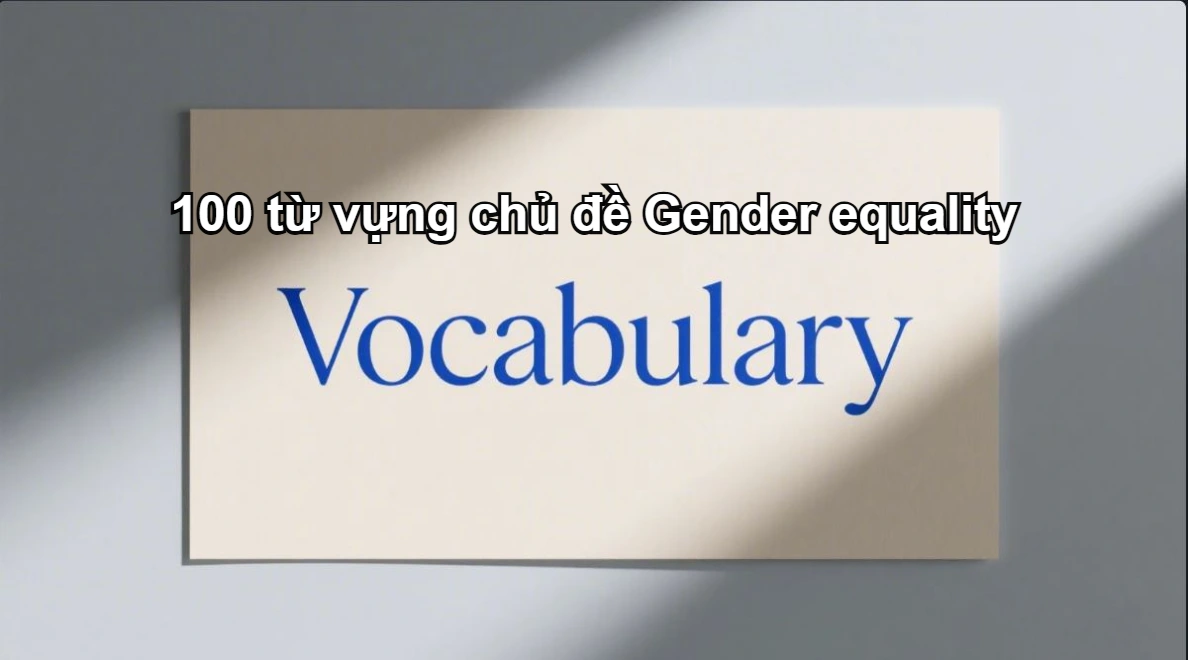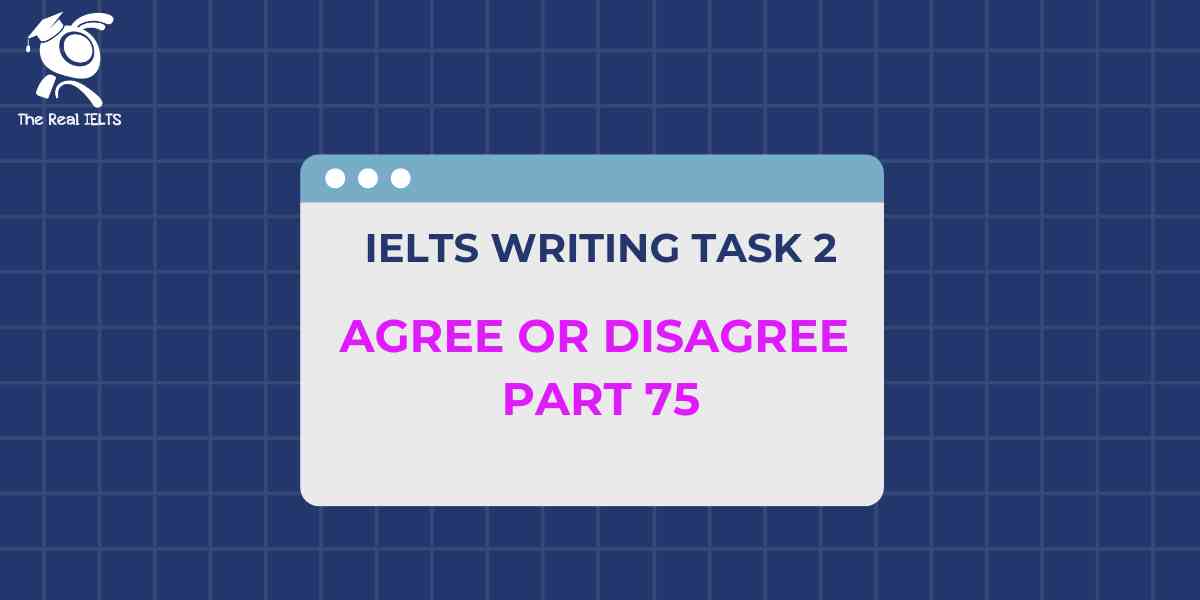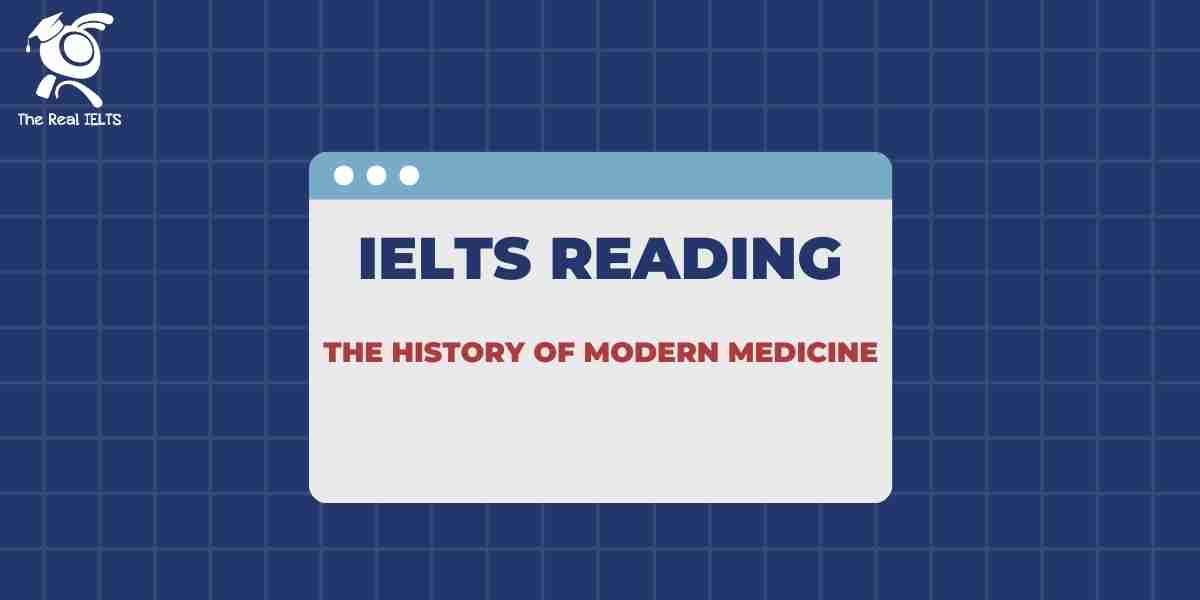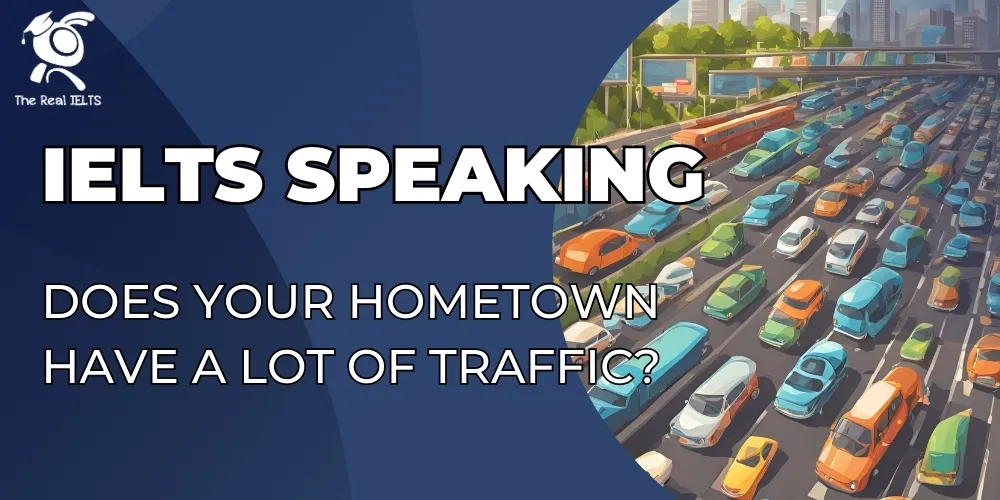Bài viết “Are there any traditional festivals in your hometown? IELTS Speaking Part 1” giới thiệu về các lễ hội truyền thống tại quê hương của tác giả. Nó cung cấp thông tin chi tiết về ý nghĩa, hoạt động và cách người dân tham gia. Bài viết giúp thí sinh IELTS có thêm ý tưởng và từ vựng để trả lời câu hỏi về chủ đề này một cách tự tin và hiệu quả.
Đọc thêm các bài luyện thi IELTS khác.
Đọc thêm câu hỏi khác tại: IELTS Speaking Part 1: Introduction and Interview chủ đề Your hometown.
Đọc thêm IELTS Speaking: How do you usually spend your time when you visit your hometown?
Câu trả lời IELTS Speaking: Are there any traditional festivals in your hometown?
Ví dụ 1:
Introduction:
My hometown is Da Nang, a vibrant coastal city located in central Vietnam. It holds a special place in my heart because it’s where I grew up, surrounded by stunning beaches, lush mountains, and a rich cultural heritage. One of the things that makes Da Nang truly unique is its traditional festivals, which reflect the city’s history, culture, and community spirit.
Geographical Description:
Da Nang is blessed with a diverse landscape. It’s nestled between the East Sea and the Truong Son mountain range, offering breathtaking views of both the ocean and the hills. The Han River flows through the city, adding to its charm. This beautiful setting provides the perfect backdrop for the many festivals that take place here throughout the year.
Cultural Aspects:
Da Nang is a melting pot of cultures, influenced by both Vietnamese traditions and the indigenous Cham people. One of the most significant traditional festivals in my hometown is the Quan The Am Festival, held annually at the Marble Mountains. This festival celebrates the Bodhisattva of Compassion and attracts thousands of visitors from all over the country. It features rituals, prayers, and cultural performances, including traditional music and dance. Another unique event is the Da Nang International Fireworks Festival, which, while not entirely traditional, incorporates elements of Vietnamese culture and showcases the city’s creativity and hospitality.
Historical Background:
Da Nang has a rich history that dates back centuries. It was once a major port in the ancient Cham Kingdom, and its cultural heritage is deeply rooted in this history. The Marble Mountains, for example, are not only a natural wonder but also a site of historical and spiritual significance. The Quan The Am Festival, held here, is a testament to the city’s enduring connection to Buddhism and its historical role as a center of culture and religion.
Economic Activities:
The festivals in Da Nang play a significant role in the local economy. Tourism is one of the city’s main industries, and events like the Quan The Am Festival and the International Fireworks Festival draw visitors from around the world. These festivals create opportunities for local businesses, from hotels and restaurants to artisans and performers, and help sustain the livelihoods of many residents.
Personal Connection:
Growing up in Da Nang, I’ve had the chance to experience these festivals firsthand. One of my fondest memories is attending the Quan The Am Festival with my family. The atmosphere was electric, with the scent of incense filling the air and the sound of traditional music echoing through the mountains. I also love the Fireworks Festival, which transforms the Han River into a dazzling display of light and color. These festivals are not just events; they’re a part of who I am and a reminder of the beauty and spirit of my hometown.
Conclusion:
In summary, Da Nang is a city rich in culture and tradition, and its festivals are a reflection of that. From the spiritual Quan The Am Festival to the spectacular International Fireworks Festival, these events bring people together and celebrate the unique heritage of my hometown. What I love most about these festivals is how they showcase the warmth, creativity, and resilience of the people of Da Nang, making me proud to call this city my home.
Ví dụ 2
Introduction:
My hometown is Hue, a city located in central Vietnam, known for its historical significance and cultural richness. It’s a place that holds deep meaning for me because it’s where I was born and raised, surrounded by ancient temples, royal palaces, and a strong sense of tradition. One of the things that makes Hue truly special is its traditional festivals, which are deeply rooted in the city’s history and culture.
Geographical Description:
Hue is situated along the Perfume River, which flows gently through the city, adding to its serene and picturesque beauty. The city is surrounded by lush green hills and is not far from the East Sea. This natural setting provides a tranquil backdrop for the many traditional festivals that take place here, making them even more enchanting.
Cultural Aspects:
Hue is often regarded as the cultural heart of Vietnam, and its festivals are a testament to this. One of the most important traditional festivals in Hue is the Hue Festival, held biennially. This event celebrates the city’s royal heritage and features a variety of cultural activities, including traditional music, dance, and art performances. Another significant festival is Tet Nguyen Tieu, the Lantern Festival, which marks the first full moon of the lunar new year. During this festival, the Perfume River is illuminated with thousands of colorful lanterns, creating a magical atmosphere.
Historical Background:
Hue was once the imperial capital of Vietnam, and its festivals are deeply intertwined with its royal past. The Hue Festival, for example, revives the grandeur of the Nguyen Dynasty, with reenactments of royal ceremonies and processions. The city is also home to the Imperial City, a UNESCO World Heritage Site, which serves as a reminder of Hue’s historical importance. These festivals not only celebrate the city’s past but also help preserve its cultural heritage for future generations.
Economic Activities:
The traditional festivals in Hue play a vital role in the local economy. Tourism is a major industry, and events like the Hue Festival and Tet Nguyen Tieu attract visitors from all over the world. These festivals provide opportunities for local businesses, from hotels and restaurants to artisans and performers, and help support the livelihoods of many residents. Additionally, the festivals promote Hue’s cultural heritage, making it a popular destination for both domestic and international tourists.
Personal Connection:
Growing up in Hue, I’ve had the privilege of experiencing these festivals firsthand. One of my most cherished memories is attending the Hue Festival with my family. The city was alive with energy, and the streets were filled with music, dance, and colorful decorations. I also love Tet Nguyen Tieu, when the Perfume River is lit up with lanterns, creating a serene and magical atmosphere. These festivals are not just events; they’re a part of my identity and a reminder of the rich cultural heritage of my hometown.
Conclusion:
In summary, Hue is a city steeped in history and culture, and its traditional festivals are a reflection of that. From the grand Hue Festival to the tranquil Tet Nguyen Tieu, these events bring people together and celebrate the unique heritage of my hometown. What I love most about these festivals is how they connect me to my roots and remind me of the beauty and spirit of Hue, making me proud to call this city my home.


